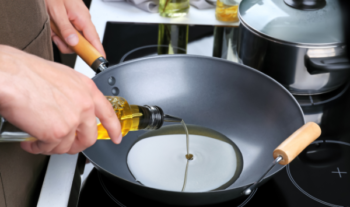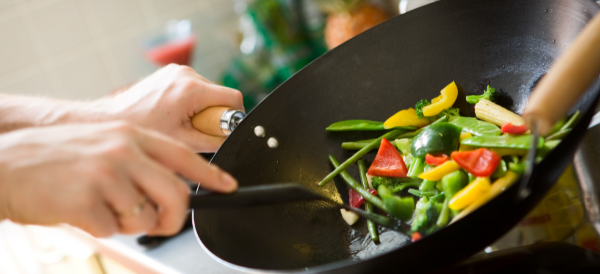I’ve long been fascinated by the unique role olive oil plays in kitchens around the world. From drizzling over a fresh salad to sautéing vegetables, this versatile ingredient is as much a staple in home pantries as it is in professional chefs’ arsenals. The allure of olive oil isn’t just in its rich flavor, it’s in the layers of tradition and craftsmanship that go into each bottle.

When you cook with olive oil, you’re not just adding fat for cooking or flavor, you’re benefiting from a wealth of nutrients and antioxidants. These contribute to the benefit of olive oil in a healthy diet recognized by health experts globally. Chefs and culinary experts praise olive oil’s ability to enhance and carry flavors, whether in a hearty stew or a light vinaigrette.
The insights from chefs shed light on just how significant the choice and use of olive oil can be. Renowned culinary professionals suggest that the type, quality, and origin of olive oil can drastically alter the flavor of a dish. They stress the importance of understanding olive oil classifications, such as ‘virgin’ or ‘extra virgin,’ and how these effect not only our health but also the flavors of our food.
Are you curious about how to pick the perfect olive oil for your kitchen creations? Don’t worry, I’ll share tips from the pros on selecting the right olive oil based on its grade, fruitiness, bitterness, and pungency. These are factors that can make your cooking go from good to unforgettable.
Chefs’ Secrets: Maximizing Flavor with Olive Oil
How you use olive oil can make or break a dish. It’s not just a matter of drizzling it on top of your salad. To unlock its full potential, understanding its smoke point is crucial. What’s a smoke point, you ask? It’s the temperature at which an oil starts to burn and smoke, resulting in loss of health benefits, flavor and potentially creating unhealthy byproducts.
Choosing the right olive oil is like selecting a fine wine for a special dinner. Each type brings its own character to your meals. Use olive oil with a higher smoke point for higher heat cooking to keep the flavor intact. For sauteing, cold dishes or salad garnishing, reach for the bottle of extra virgin olive oil to highlight the true essence of olive oil.
When it comes to seasoning, you might not typically think of olive oil. But here’s a tip from the pros: lightly season your oil before adding other ingredients. Adding a dash of herbs or a few garlic cloves can infuse your oil and perfect your entire dish with depth and subtlety.

Always ensure it’s the best olive oil that you can afford. The clarity, color and scent all hint at the quality of the extra virgin olive oil used. Like any ingredient, the better the quality, the better the taste. If you want the best flavor, don’t compromise on quality. High quality extra virgin olive oils are more costly due to their strict adherence to production standards.
Despite differing viewpoints, you should know that cooking with extra virgin olive oil is a subject of debate among chefs. While some caution against it due to its lower smoke point, others advocate for its nuanced flavors, even when heated carefully. Balance the difference with your personal taste and the dishes that you are creating.
Unveiling the Mysteries: Chef-Approved Tips for Cooking with Olive Oil
You have likely heard that olive oil is a staple in kitchens worldwide, appreciated not only for its versatility but also for the unique flavors it brings to every dish. But to truly elevate your cooking, it’s crucial to heed the advice of culinary experts who have long embraced olive oil’s magic.
One essential tip from chefs is to add olive oil at the right moment. For instance, drizzling it over your dish just before serving can enhance both taste and presentation. This technique ensures that the oil’s aroma and flavor are at their best, providing a sensory experience that is unmistakably fresh and authentic.
Storage also plays a vital role in maintaining the quality of your olive oil. Chefs recommend keeping it in a cool dark place to preserve its delicate flavors. And remember, olive oil does have a shelf life, so it’s best to use it within six months.
When it’s time to bring your culinary creations to life, olive oil can be more than just an ingredient, it can be the star of the show. Whether you’re sautéing vegetables, creating a marinade, or finishing off a plate with a glossy drizzle, high-quality olive oil is the key to unlocking flavors.
Adopt these practices and observe how olive oil becomes not just a condiment or cooking medium but an element that elevates your meals. Happy cooking, and may your dishes be as healthful and flavorful as possible!
Please leave comments, questions or suggestions below.
Tom – Olive Oil Lover

